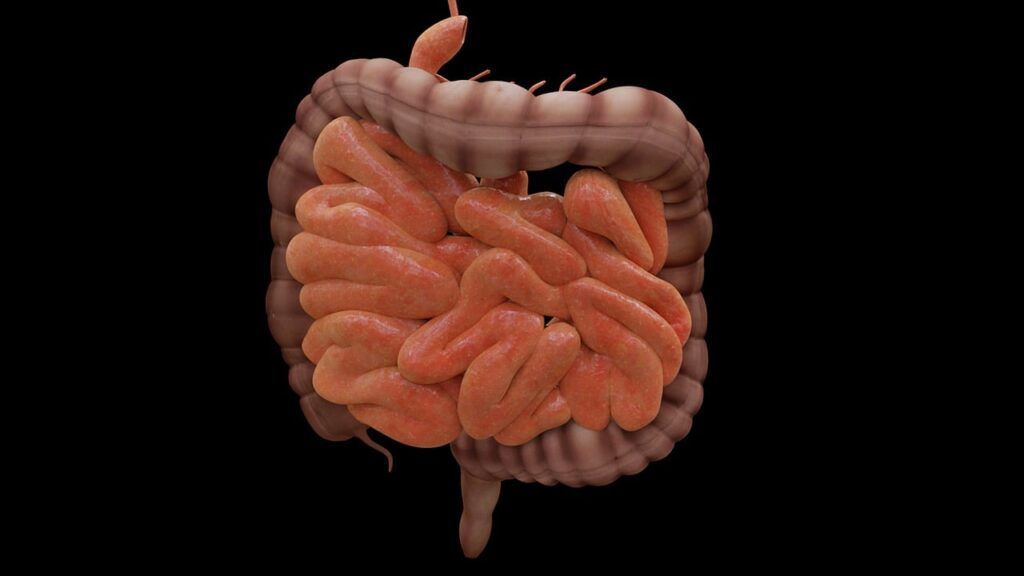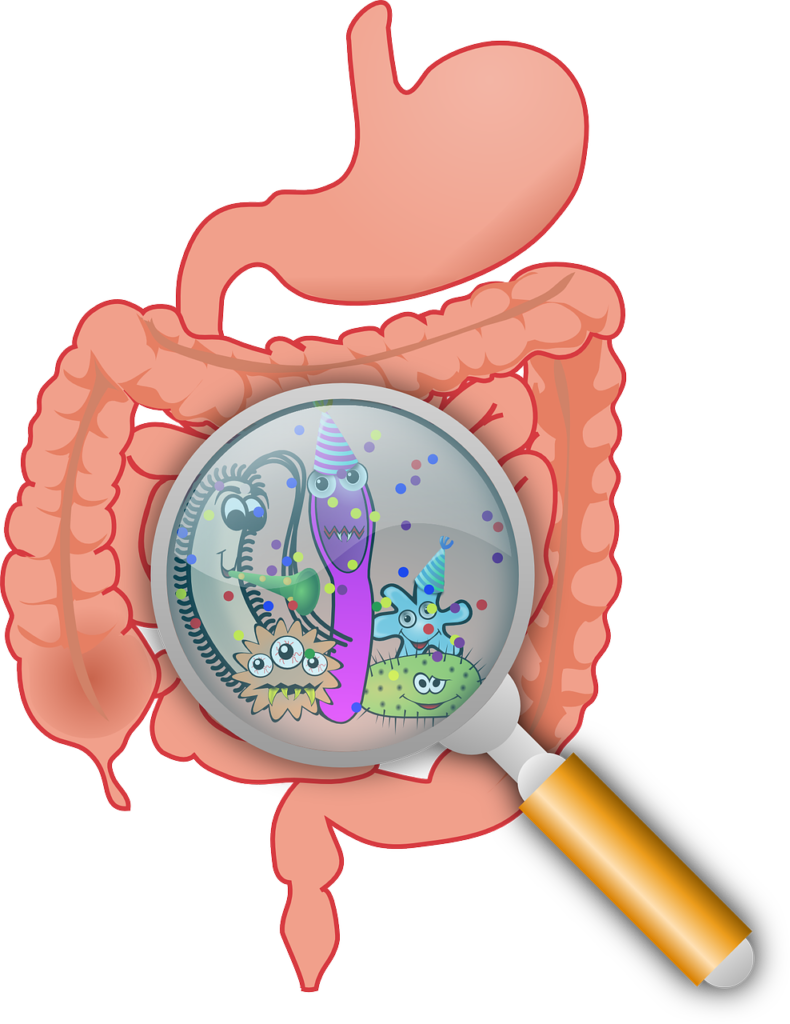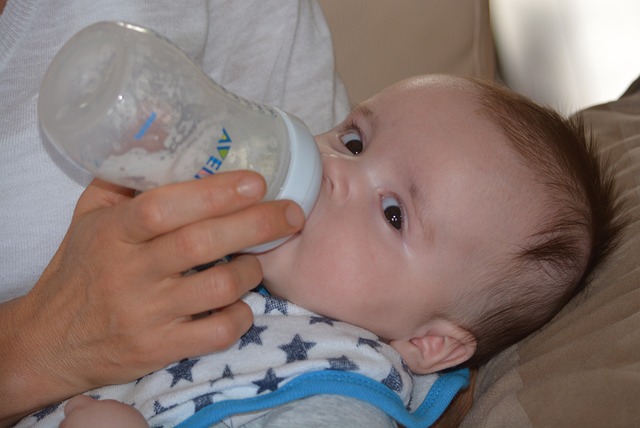Introduction
Constipation in newborns can be a concern for new parents, though it is relatively common. Understanding the causes, recognizing the symptoms, and knowing how to manage constipation can help ensure your baby’s comfort and health.

Table of Contents
1. Understanding Constipation in Newborns
1.1. What is Constipation?
Overview: Constipation is a condition where a baby has infrequent, hard, and dry stools that can be difficult or painful to pass.
1.2. Normal Bowel Movements
– Frequency: Newborns typically pass stools several times a day, especially if they are breastfed. Formula-fed babies might have fewer bowel movements.
– Consistency: Stools can vary in consistency from loose and watery to thicker and more formed.

Note: It is also normal for a newborn to go 4 to 5 days without passing stool, especially if they are exclusively breastfed. Breast milk is very efficiently absorbed, which can result in less frequent bowel movements.
2. Causes of Constipation in Newborns
2.1. Diet and Feeding
– Formula: Some babies might have constipation due to certain types of formula. Changing the formula or adding water to the formula can sometimes help.
– Breastfeeding: Constipation is less common in breastfed babies. However, some mothers’ diets may affect the baby’s digestion.
2.2. Dehydration
– Inadequate Fluid Intake: Newborns who are not getting enough fluids, either from breast milk, formula, or water, may experience constipation.
2.3. Medical Conditions
– Underlying Issues: Rarely, constipation can be a sign of an underlying medical condition, such as Hirschsprung’s disease or hypothyroidism.



3. Symptoms of Constipation in Newborns
3.1. Infrequent Bowel Movements
– Less Frequent Stools: A noticeable decrease in the frequency of bowel movements compared to the norm for your baby.
3.2. Hard or Dry Stools
– Straining: The baby might strain during bowel movements, and the stools might appear hard and dry.
3.3. Discomfort
– Crying and Fussiness: The baby may show signs of discomfort or pain when passing stools, and might be more irritable than usual.
4. 4 Effective Ways to Manage It
4.1. Dietary Adjustments
– Formula Changes: If formula-fed, consider discussing with your pediatrician whether a different type of formula might be better.
– Hydration: Ensure the baby is getting enough fluids. For older babies, small amounts of water can be introduced.
4.2. Gentle Exercises
– Bicycle Legs: Gently moving the baby’s legs in a bicycling motion can help stimulate bowel movements.
– Tummy Time: Encourage tummy time as it can help promote digestion and bowel movements.
4.3. Proper Feeding Techniques
– Feeding Schedule: Follow a consistent feeding schedule to help regulate bowel movements.
– Burping: Ensure the baby is properly burped during and after feeds to avoid gas-related discomfort.
4.4. Pediatrician Consultation
– Medical Advice: If constipation persists or if you notice any concerning symptoms, consult a pediatrician for further evaluation and advice.


5. Prevention of Constipation
5.1. Adequate Fluid Intake
– Monitor Fluid Intake: Ensure your baby is getting enough fluids to help prevent constipation.
5.2. Regular Bowel Movements
– Routine: Establish a feeding and sleeping routine to help regulate your baby’s digestive system.
5.3. Healthy Feeding Practices
– Balanced Diet: If your baby has started on solids, include a variety of fruits and vegetables in their diet to promote healthy bowel movements.
Conclusion
Constipation in newborns is manageable with the right approach and care. If you have any concerns about your baby’s bowel movements or need expert advice, contact a healthcare professional at Health Authentica. We are here to provide the support and guidance you need to ensure your baby’s health and well-being.










